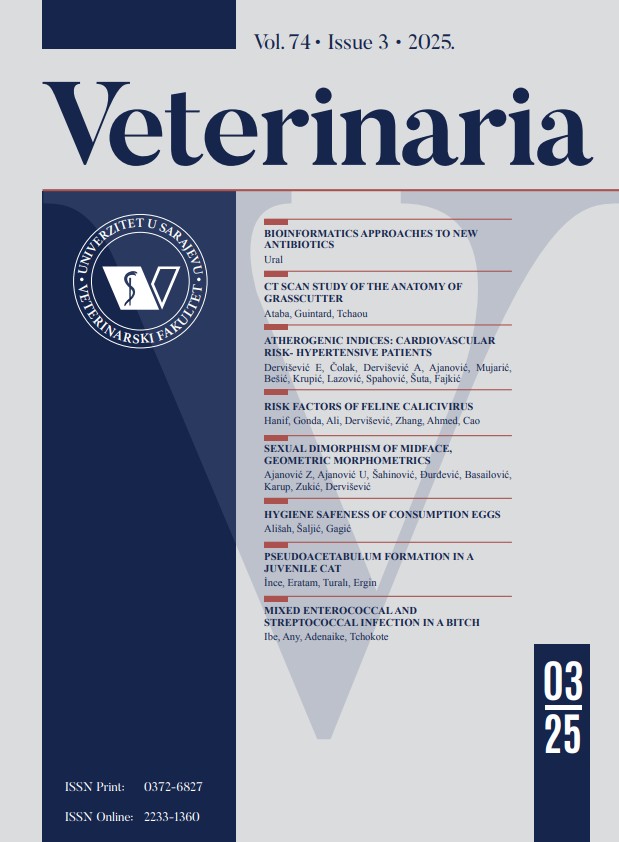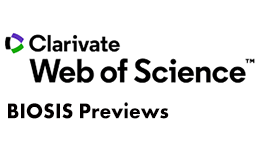Botulinum toxin: From the natural cause of botulism to an emerging therapeutic in veterinary medicine
DOI:
https://doi.org/10.51607/22331360.2022.71.2.153Keywords:
Botulinum toxin type A,, canine osteoarthritis, veterinary medicine, pain in dogsAbstract
Botulinum toxins are one of the most potent biological toxins known. They cause botulism in wildlife and livestock, and thus, are regarded as a problem in veterinary medicine. On the other hand, use of purified low dose pharmaceutical grade botulinum toxin serotype A (BoNT-A) in different human clinical implications such as movement, autonomic disorders, pain conditions have expanded in the last 30-40 years based on its long-lasting effects and a good safety profile. However, despite that, its use in veterinary practice is lagging far behind the already well-established use in humans. BoNT-A is not licensed for use in any veterinary medical condition, and overall, there are only few clinical trials and several case studies, the most notable being case reports and limited clinical studies of osteoarthritis and perioperative pain in dogs, lameness in horses, as well as the spasticity treatment in cats. Indications for BoNT-A use in veterinary medicine happen to be very similar when compared to human indications, which is not surprising due to pathophysiological similarities. This warrants further clinical research of novel indications of BoNT-A in veterinary medicine.
Downloads
Published
How to Cite
Issue
Section
License
Copyright (c) 2022 Petra Šoštarić, Enida Članjak – Kudra, Ahmed Smajlović, Ivica Matak

This work is licensed under a Creative Commons Attribution 4.0 International License.








